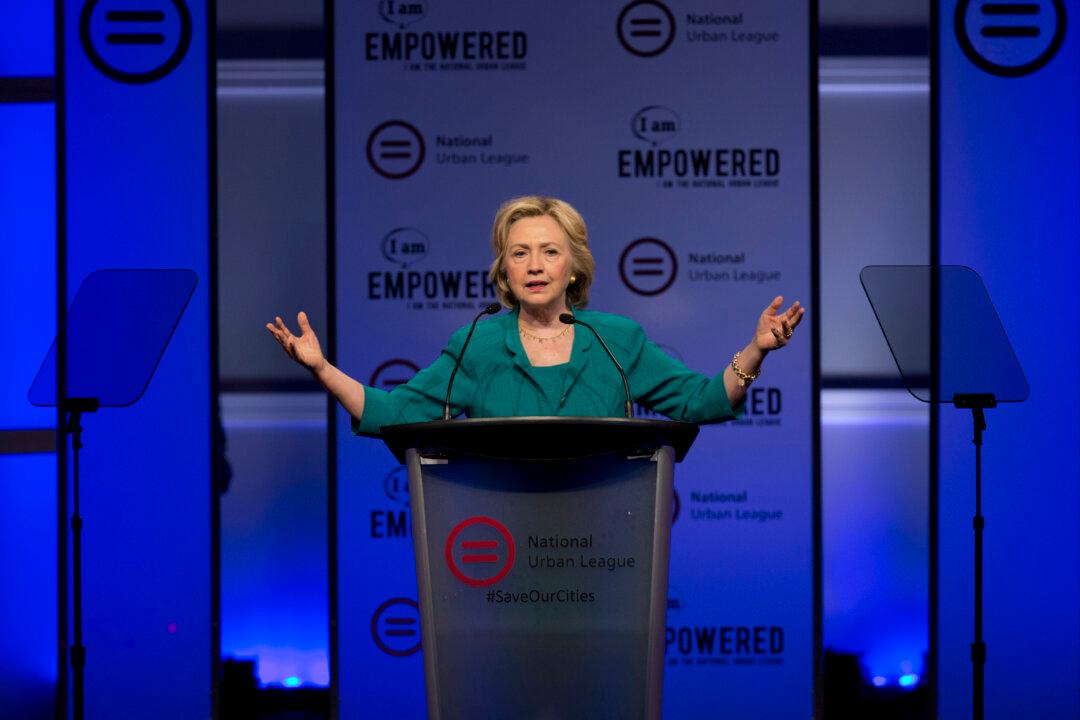MIAMI—Drawing a sharp distinction with her main Republican rivals in Florida, Hillary Rodham Clinton on Friday called on the GOP-run Congress to end the trade embargo the U.S. has imposed on Cuba since 1962.
The Democratic presidential favorite said an open economic relationship would do more to bring “dignity and democracy” to the island nation than continuing the hardline isolationism that lasted through five decades of Republican and Democratic administrations, including her husband’s two terms.
President Barack Obama has normalized diplomatic relations with Cuba and has called for Congress to lift the economic embargo, as well.





